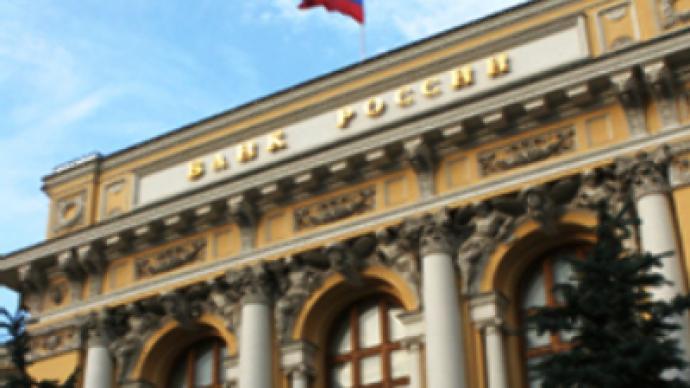CBR’s Melikyan says Inflation the focus despite global financial turmoil

Market watchers have no doubt that despite the global turmoil Russia’s position in the mid-term looks secure. The first deputy chairman of Russia's Central bank Gennady Melikyan says the impact of the global crisis on the Russian economy is significant. I
In an interview with Business Today Melikyan called fighting inflation the priority task for the Central Bank and urged banks to be more careful when managing their loans.
“The opinion that the situation on the global markets doesn’t have a significant impact on the Russian economy is completely incorrect. We feel the influence in many sectors of the economy. First of all it has caused an abrupt deterioration in the foreign borrowing conditions for Russian banks and companies.
Last year the volume of such borrowing was huge and allowed for the rapid development of our banking system and the economy in general. When borrowing conditions deteriorated – and for some companies even became prohibitive – it had a serious negative impact on the banking system and the availability of credit in the whole economy.
The credit crunch also hit the flow of foreign investment into Russia. Despite the fact that, at first, Russia was a zone of financial stability, we saw how active were foreign investors in withdrawing money form the country. In the first three months the outflow of capital was around 22 billion dollars. Over the first half of the year, however, we did see capital inflow.”
When asked if the Russian economy has become less dependent on foreign borrowings Melikyan replied,
“It’s very difficult to substitute foreign money. The central bank’s funding aims only to support liquidity in the nearest future and we have big problems in Russia with long-term money. Such funding should be generated by the economy mainly through pension funds. Non-governmental pension funds are extremely underdeveloped in Russia. And the state pension fund is too small. To solve the situation and provide long term money for the Russian banking sector we should create institutions of development like Vnesheconombank – we have money in the country and through such institutions we can use budget money more efficiently.”
Melikyan added, when asked about future risks, that liquidity and credit would remain problematic, but that dealing with this needed to be managed in balance with dealing with inflation.
“I see two types of risks for Russia’s banks – credit risks and a liquidity shortage. The Central bank now has a very tough monetary policy. Of course we will try to find a balance between fighting inflation and providing liquidity for banks. But now inflation is our priority. We should push inflation down under 10 percent.”











